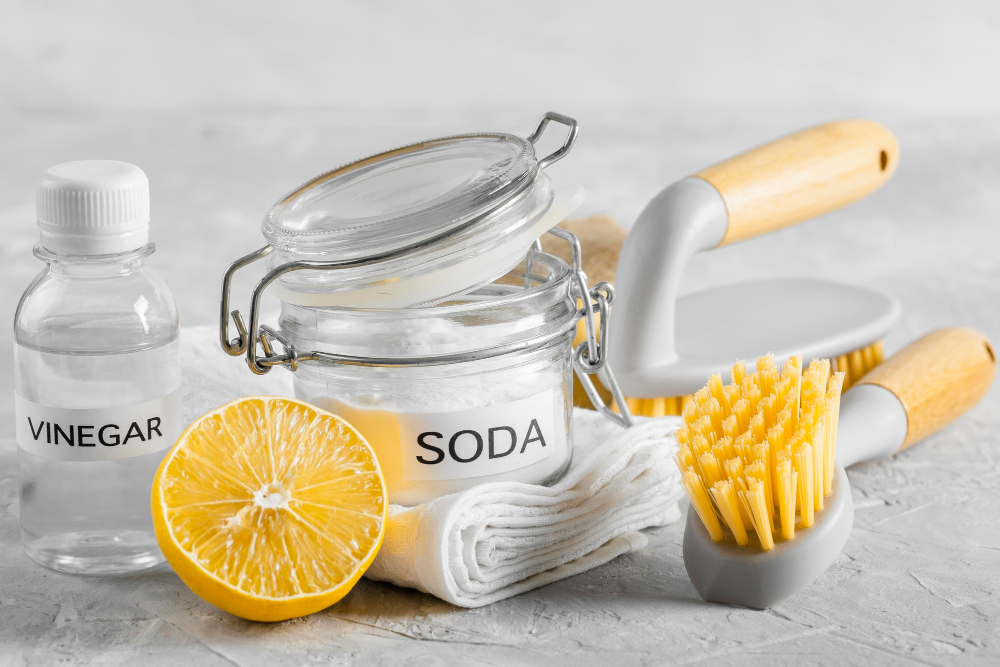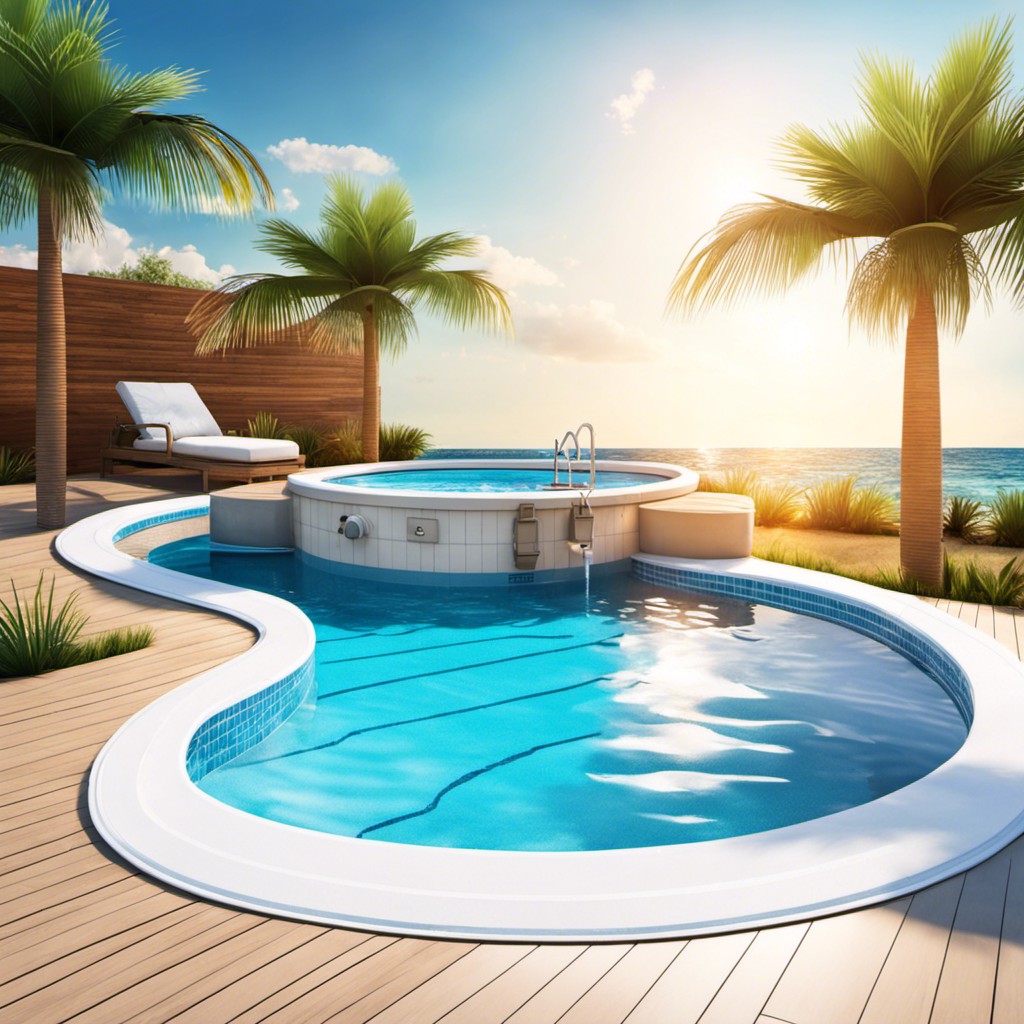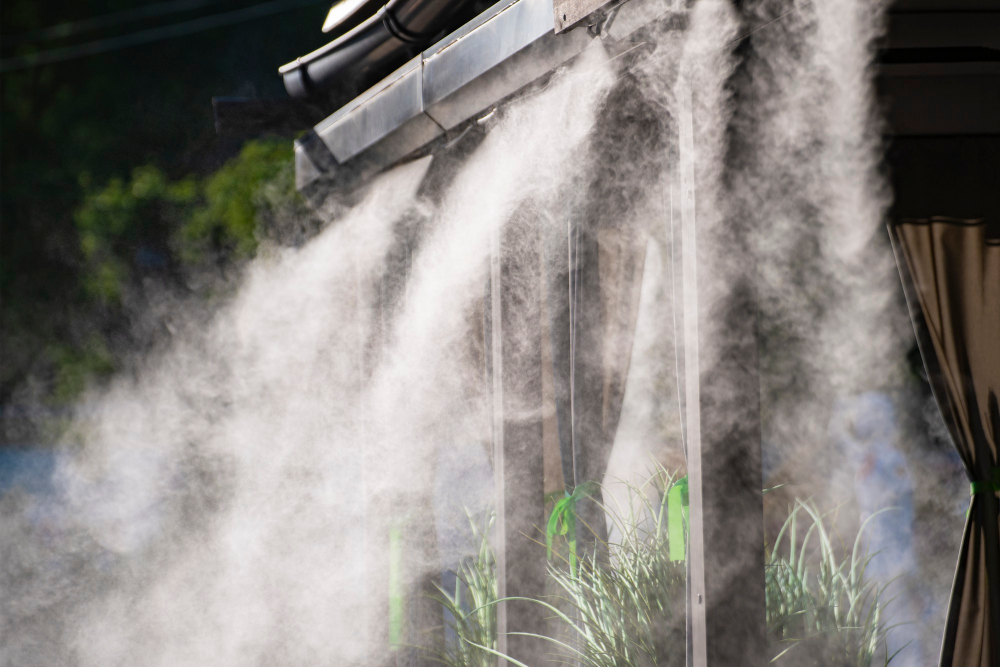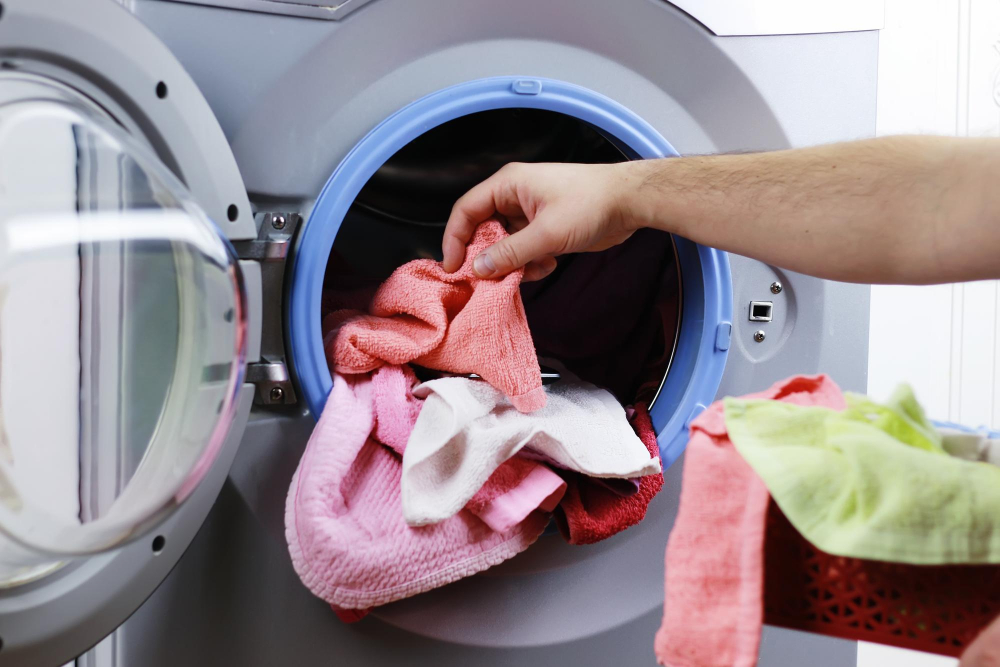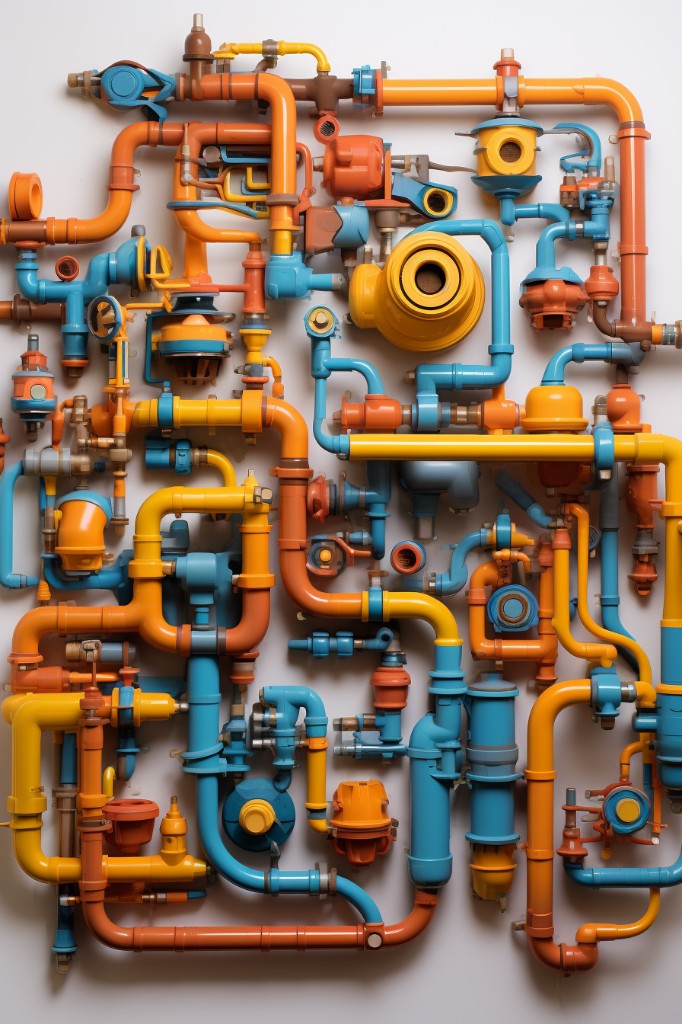Last updated on
Explore the world of water softener alternatives as we dive into efficient and eco-friendly solutions for battling hard water in your home.
Are you tired of dealing with hard water stains on your dishes and fixtures? Do you dread the thought of constantly buying expensive water softener salt pellets or paying for a costly installation? Well, fear not! There are alternative options to achieve soft water in your home without breaking the bank. In this article, we will explore some effective and affordable water softener alternatives that can help you say goodbye to hard water headaches.
So, sit back, relax, and let’s dive into the world of alternative solutions for softer H2O.
Understanding Hard Water
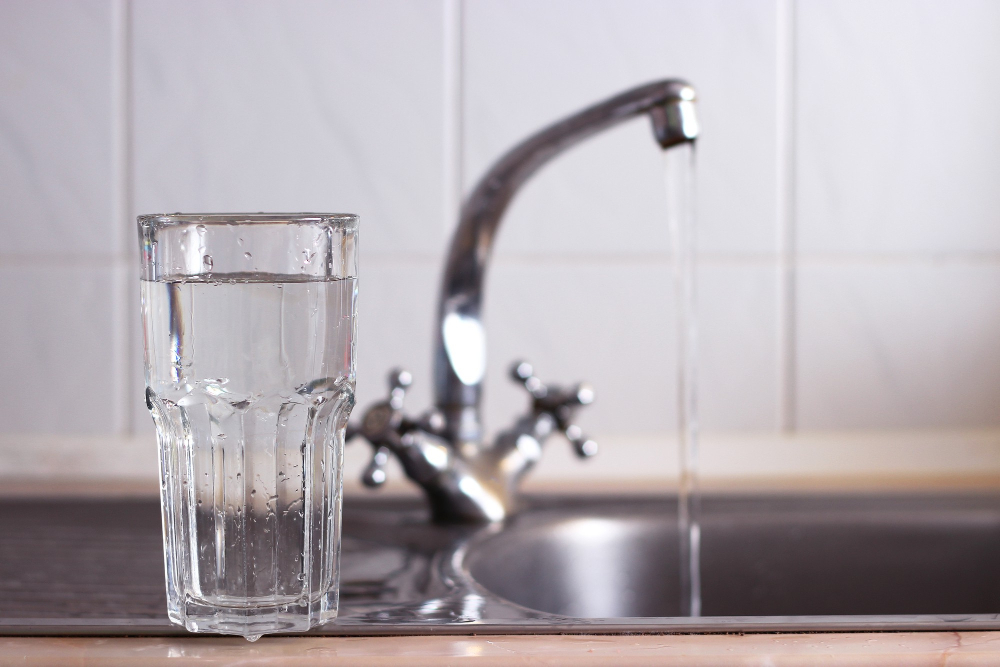
Before we dive into the world of water softener alternatives, it’s important to understand what hard water is and how it affects your home. Hard water contains high levels of minerals such as calcium and magnesium that can cause a variety of problems in your household appliances, plumbing fixtures, and even on your skin.
One common sign that you have hard water is the presence of white or yellowish stains on dishes or glassware after washing them. You may also notice soap scum buildup in sinks or bathtubs, reduced lather from soaps and shampoos, dry skin after showering or bathing with hard water.
Hardness levels are measured by grains per gallon (GPG) – one grain equals 17.1 milligrams per liter (mg/L). The United States Geological Survey considers any level above 121 mg/L as very hard while anything between 61-120 mg/L is considered moderately hard.
Measuring Water Hardness
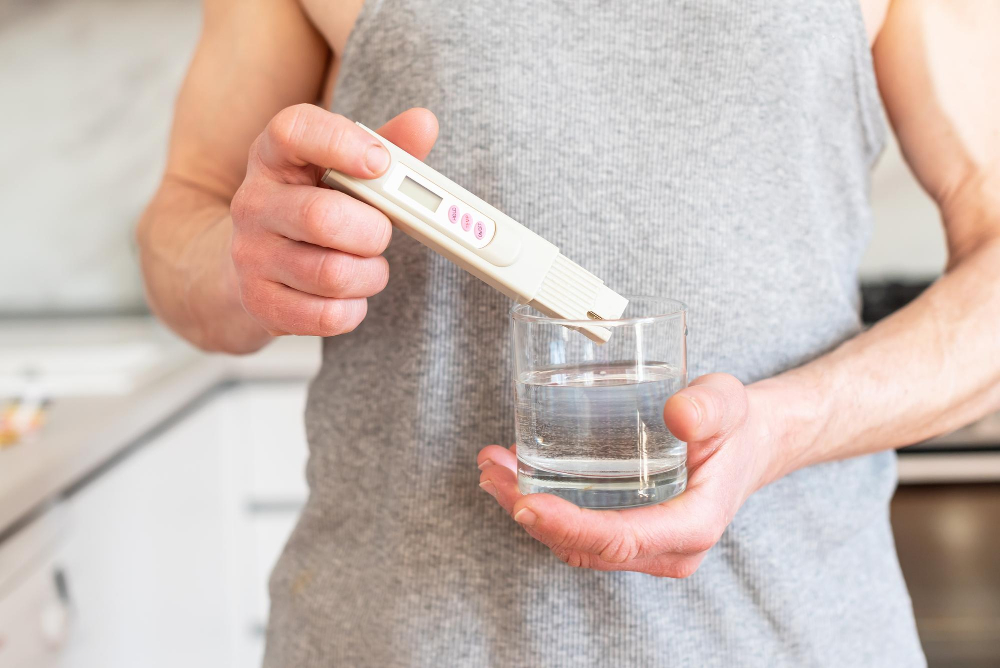
Hard water contains high levels of minerals such as calcium and magnesium that can cause buildup in pipes, appliances, and fixtures. The level of hardness in your home’s water supply can be measured using a simple test kit or by sending a sample to a laboratory for analysis.
The most common unit used for measuring hardness is grains per gallon (GPG). A GPG measurement indicates the number of grains (or particles) of mineral present per gallon of water.
Generally speaking, if your home has more than 7 GPG you may start experiencing issues with hard-water buildup.
Knowing the level at which your home’s tap-water falls on this scale will help you determine which alternative solution would work best for you.
Dealing With Water Hardness
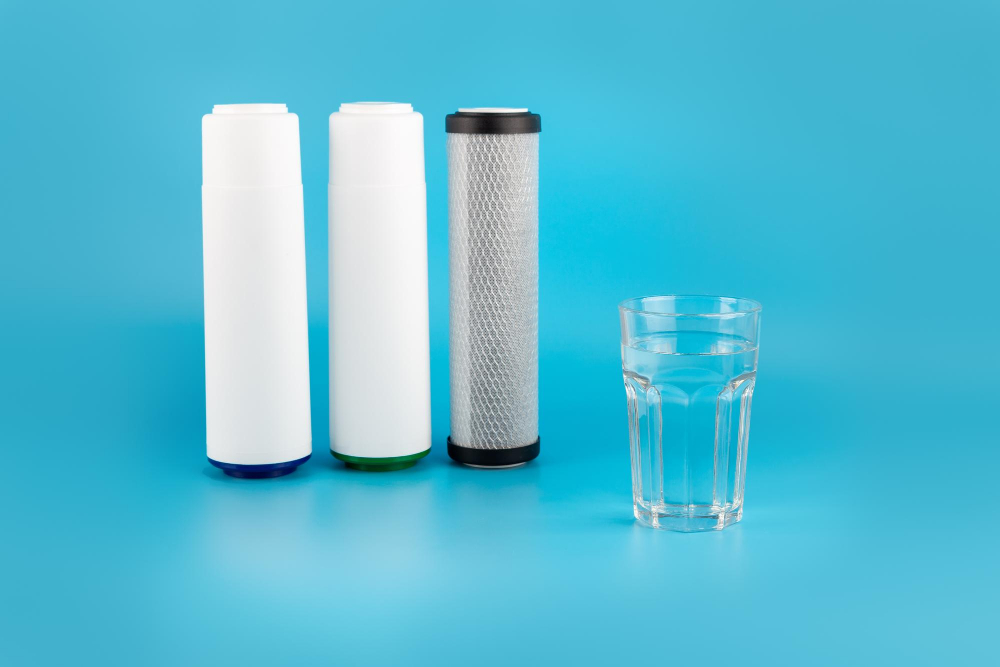
Traditional water softeners are the most common solution for hard water problems, but they can be expensive and require regular maintenance. Luckily, there are alternative options available.
Salt-free water conditioners use a process called Template Assisted Crystallization (TAC) to convert calcium and magnesium ions into harmless crystals that won’t stick to surfaces in your home. Electronic descalers work by sending electromagnetic waves through your pipes which alter the structure of minerals in the water so they don’t adhere as easily.
Another option is ion exchange resin systems which replace calcium and magnesium ions with sodium or potassium ions using a tank filled with resin beads. Carbon filtration methods remove impurities from your tap while reverse osmosis systems filter out dissolved solids like minerals.
It’s important to consider health and environmental factors when choosing an alternative method for dealing with hard water as well as cost-effectiveness over time.
Traditional Water Softeners
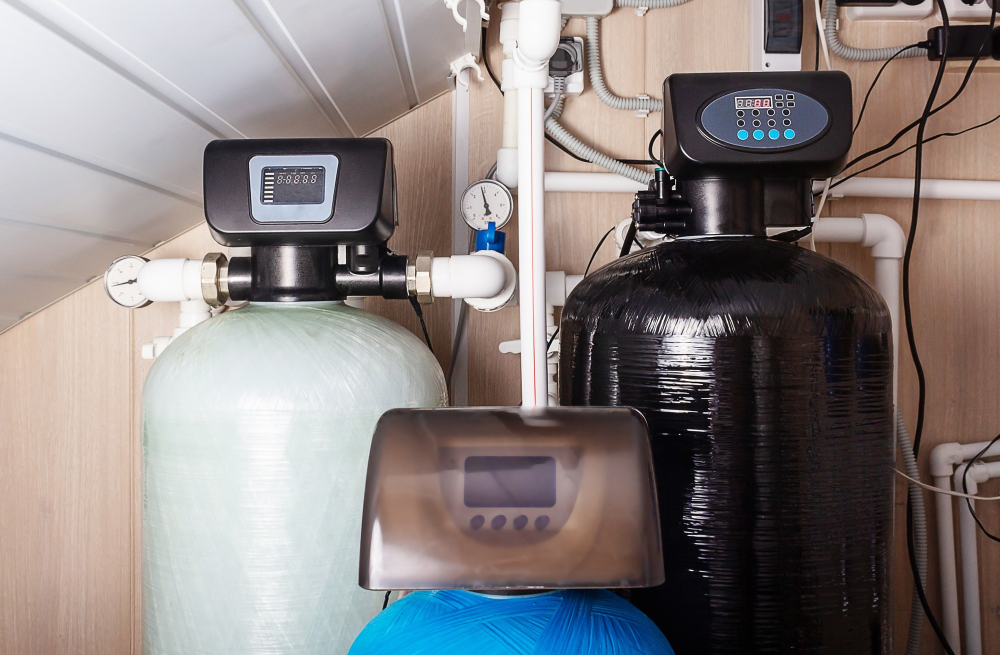
These systems use ion exchange resin beads that attract and remove minerals like calcium and magnesium from your water supply, replacing them with sodium ions. While effective at removing hardness, these systems require regular maintenance in the form of salt refills and backwashing to flush out excess minerals.
Traditional softeners can be costly both upfront for installation and ongoing maintenance expenses. They also produce a significant amount of wastewater during regeneration cycles which can be harmful to the environment.
Salt-Free Water Conditioners
These systems use various technologies such as Template-Assisted Crystallization (TAC) or Chelation and Sequestration to prevent minerals from sticking to surfaces in your home. Unlike traditional softeners, these systems do not remove minerals from the water but instead change their structure so that they don’t cause buildup on pipes and appliances.
One of the main benefits of salt-free conditioners is that they require little maintenance compared to traditional softeners. They also don’t add any chemicals or sodium into your drinking water, making them an eco-friendly option.
However, it’s important to note that while these systems can help with preventing scale buildup in pipes and fixtures, they may not completely eliminate all signs of hard water like soap scum or mineral stains on dishes.
Electronic Descalers
These devices use electromagnetic waves to alter the structure of minerals in hard water, preventing them from sticking to surfaces and causing buildup. Electronic descalers are easy to install and require little maintenance, making them an attractive option for those looking for a low-cost solution.
While electronic descalers do not remove minerals from the water like traditional softeners do, they can still provide many benefits such as reducing scale buildup on pipes and appliances. They also help improve soap lathering ability which means you’ll need less detergent or soap when washing clothes or dishes.
It’s important to note that electronic descalers may not be effective in all situations depending on the level of hardness in your water supply. It’s best practice to consult with a professional before investing in any type of alternative solution.
Electromagnetic Water Conditioning
This method uses electromagnetic waves to alter the structure of minerals in hard water, making them less likely to stick together and form scale buildup.
One of the benefits of this system is that it does not require any salt or chemicals, making it an eco-friendly option for those who are concerned about their environmental impact. Electromagnetic systems do not require any maintenance or replacement parts like traditional softeners do.
While some users have reported positive results with this technology, others have found it less effective than other alternatives. It’s important to note that electromagnetic conditioning may not work for all types of hard water problems and may be more suitable for mild cases.
If you’re considering using an Electromagnetic Water Conditioning system in your home, consult with a professional first and make sure you understand its limitations before investing in one.
Template-Assisted Crystallization
TAC systems work by creating a surface on which the hardness minerals can form as tiny crystals. These crystals are then carried away by the flow of water and do not adhere to surfaces or cause scale buildup.
One of the benefits of TAC systems is that they require no electricity, salt or chemicals for operation, making them an eco-friendly alternative to traditional softeners. They also have low maintenance requirements and can last up to 10 years before needing replacement media.
While TAC may not be as effective at removing all forms of hardness compared with traditional ion exchange softeners, it does offer an affordable solution for those looking for a more natural approach without sacrificing performance.
Ion Exchange Resin Systems
These systems use resin beads that attract and remove hard minerals from the water, replacing them with sodium ions. The process is called ion exchange, and it effectively eliminates the negative effects of hard water without using salt or chemicals.
One of the benefits of Ion Exchange Resin Systems is their low maintenance requirements compared to traditional softeners. They do not require regular refilling with salt pellets or backwashing like other systems do.
However, it’s important to note that these systems may not be suitable for everyone as they add sodium into your drinking water which can be problematic for people on low-sodium diets or those who have high blood pressure issues.
If you’re considering an Ion Exchange Resin System as an alternative solution for your home’s hard-water problems, consult a professional first before making any decisions.
Carbon Filtration Methods
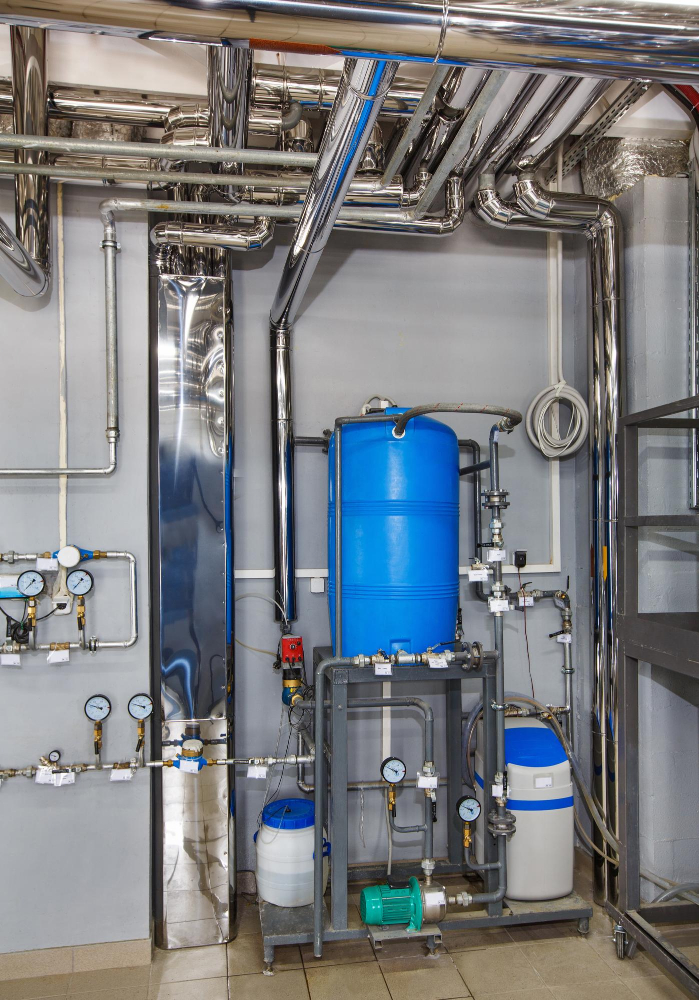
This method uses activated carbon to remove impurities, including minerals that cause hard water. Carbon filters work by attracting and trapping contaminants in the tiny pores of the filter material.
There are two types of carbon filtration methods: granular activated carbon (GAC) and powdered block activated carbon (PBAC). GAC filters use loose granules to trap impurities, while PBAC filters use compressed blocks for a more efficient filtering process.
Carbon filtration systems not only soften your water but also improve its taste and odor by removing chlorine, sediment, and other organic compounds. They are easy to install under your sink or at your main water supply line.
Reverse Osmosis Systems
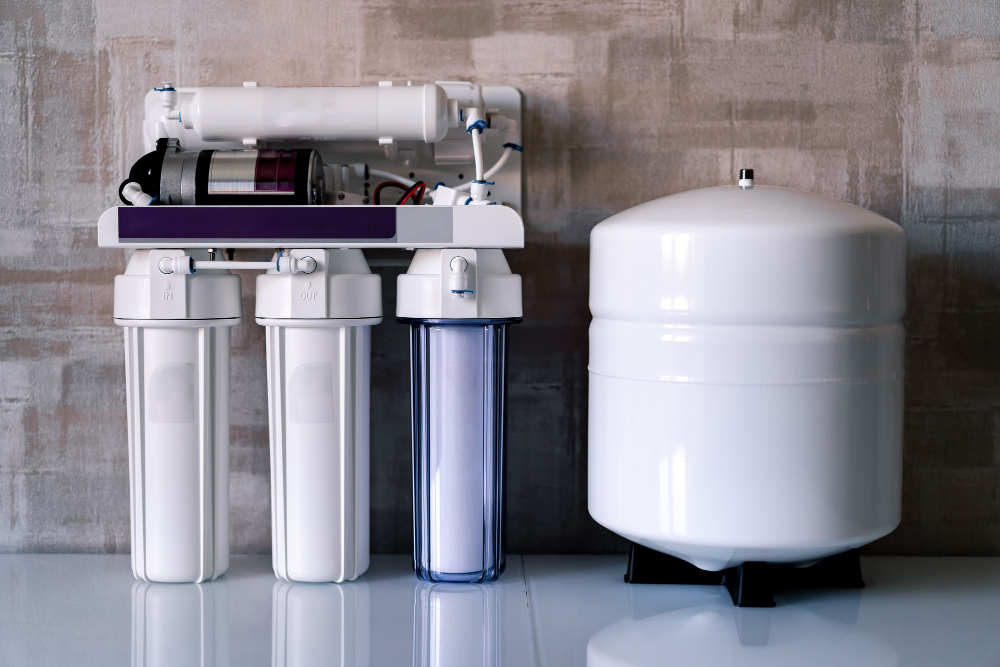
This method uses a semi-permeable membrane to remove impurities and minerals from your water, resulting in softer, cleaner H2O. Reverse osmosis systems are highly effective at removing hard water minerals such as calcium and magnesium, as well as other contaminants like chlorine and lead.
While these systems can be more expensive upfront than some other options on the market, they require less maintenance over time compared to traditional salt-based softeners. Reverse osmosis systems produce high-quality drinking water that is free from harmful chemicals and bacteria.
Drinking Water Systems
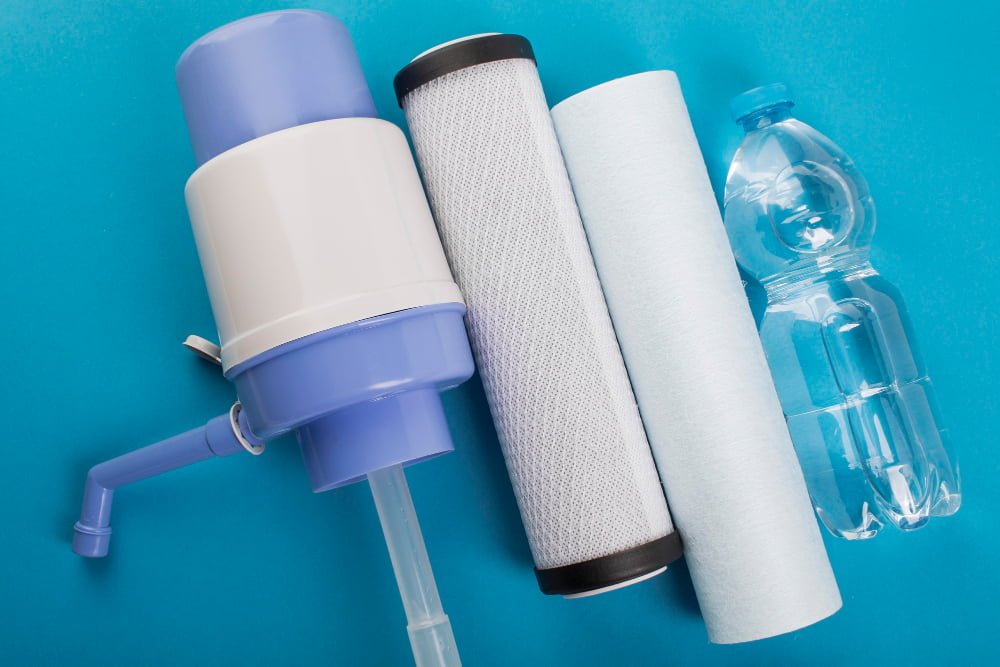
Fortunately, there are alternative solutions that not only soften your home’s water but also improve the quality of your drinking water. Drinking Water Systems (DWS) use advanced filtration technology to remove impurities such as chlorine, lead, bacteria and other contaminants from tap or well-water sources.
These systems come in various types including under-sink filters which connect directly to a faucet or refrigerator dispenser; countertop models which sit on top of counters; whole-house systems that treat all incoming household water at once; portable pitchers with built-in filters for easy transportability.
DWS units typically use activated carbon filters combined with reverse osmosis membranes or ultrafiltration technologies to provide clean-tasting filtered H2O. Some models even include additional features like UV sterilization lamps that kill bacteria and viruses in the treated liquid.
Investing in a DWS unit is an excellent way to ensure you have access to safe drinking water while enjoying all the benefits of softening hard H2O throughout your home.
Chelation and Sequestration
Chelating agents, such as EDTA (ethylenediaminetetraacetic acid), work by binding to metal ions in the water, preventing them from forming scale or causing other problems associated with hard water. Sequestering agents, on the other hand, work by encapsulating metal ions and keeping them suspended in solution so they cannot form deposits.
While these methods can be effective at reducing hardness levels in your home’s water supply, it is important to note that they do come with some drawbacks. For one thing, chelating and sequestering agents must be added regularly to maintain their effectiveness over time.
These chemicals can have negative environmental impacts if not disposed of properly.
Chelating Agents
These are chemicals that bind with metal ions in hard water, preventing them from forming scale and buildup on surfaces. Chelation can be done through a variety of methods, including adding citric acid or vinegar to your laundry during the rinse cycle or using specialized cleaning products containing EDTA (ethylenediaminetetraacetic acid).
While chelation can be effective at reducing mineral buildup in your home’s plumbing system and appliances, it does not actually remove minerals from the water like other alternatives do. Some chelating agents may have negative environmental impacts if not disposed of properly.
As with any alternative solution for hard water treatment, it’s important to weigh the pros and cons before making a decision. Consulting with a professional who specializes in water treatment can help you determine which option is best suited for your specific needs and budget.
There are many options available when it comes to treating hard water without relying on traditional salt-based softeners.
Potassium Chloride Alternative
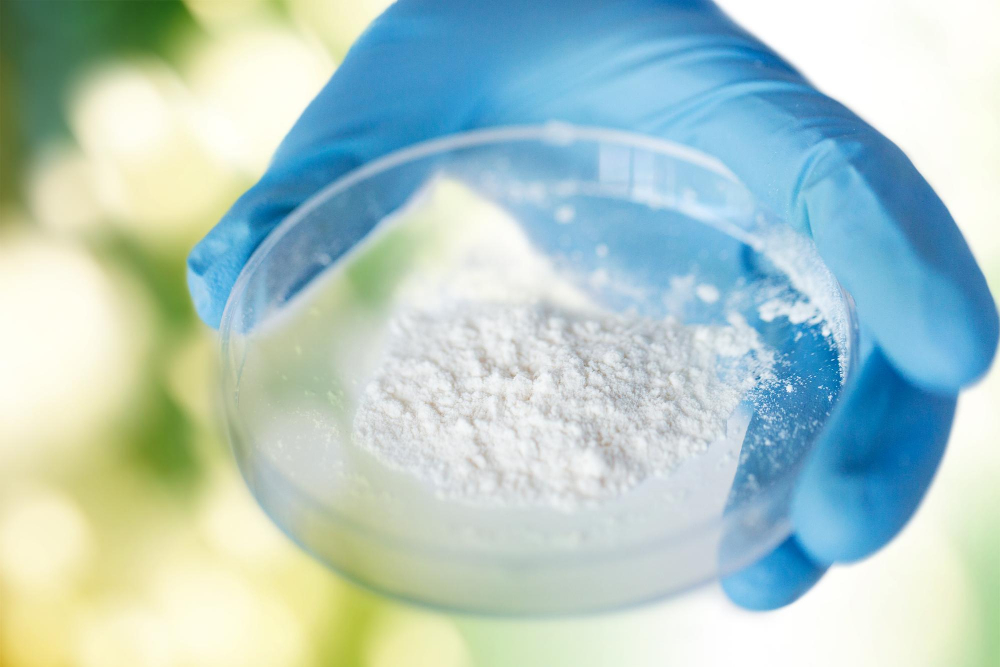
Potassium chloride is a naturally occurring mineral that can effectively soften hard water without the negative environmental impact of sodium-based salts. It’s also an excellent option if you have concerns about your sodium intake or are on a low-sodium diet.
While potassium chloride is generally safe and effective, it does come with some drawbacks. For one thing, it tends to be more expensive than traditional salt pellets and may not work as well in extremely hard water conditions.
Because it has a higher pH level than sodium-based salts, using too much potassium chloride can lead to corrosion in your pipes and fixtures over time.
Magnetic Water Treatment
This method uses magnets to change the molecular structure of hard minerals in the water, making them less likely to stick and form deposits on surfaces.
While there are mixed opinions on whether or not magnetic water treatment actually works, many people have reported positive results. Some studies have shown that this method can reduce scaling and corrosion in pipes and appliances, leading to longer lifespans for these items.
One benefit of magnetic water treatment is its low maintenance requirements. Unlike traditional salt-based systems which require regular refilling with salt pellets, magnetic systems do not require any ongoing maintenance once installed.
However, it’s important to note that while some people swear by this method as an effective way of treating hard water problems at home without using chemicals or electricity; others remain skeptical about its effectiveness due lack of scientific evidence supporting it.
Hybrid Softener/Conditioners
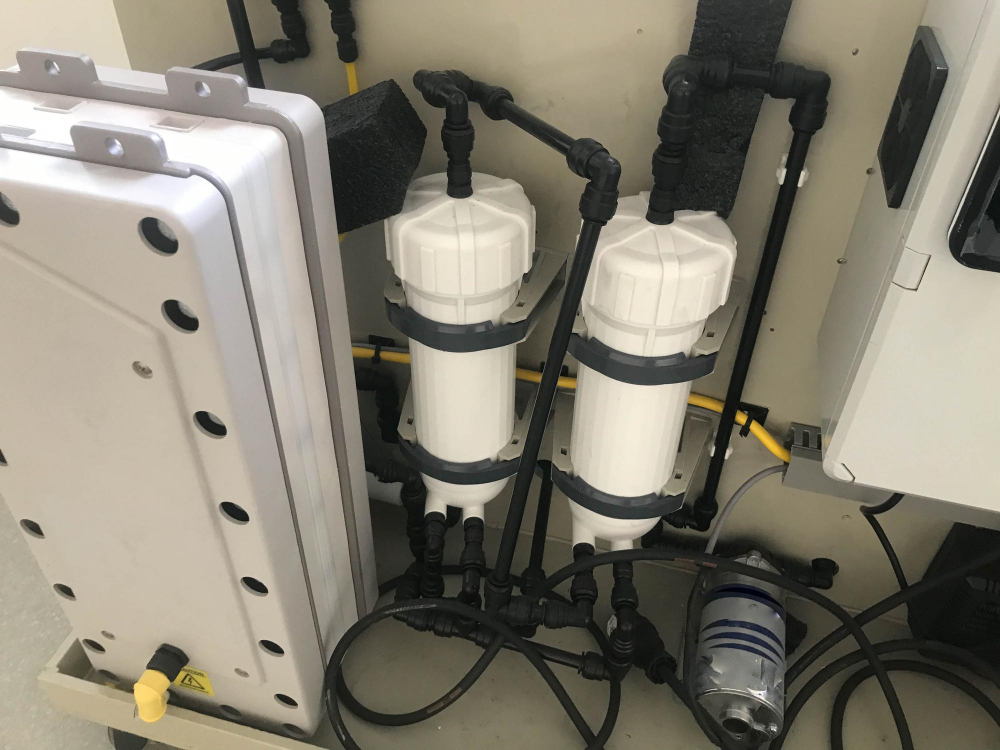
These systems combine the benefits of both salt-based and salt-free technologies, providing an effective solution for hard water problems. Hybrid systems use a combination of ion exchange resin and catalytic media to remove minerals from your water while also preventing scale buildup in your pipes.
One advantage of hybrid systems is that they require less maintenance than traditional softeners since they don’t rely solely on salt pellets or potassium chloride. They also tend to be more eco-friendly since they use less energy during the regeneration process.
If you’re considering a hybrid system, it’s important to note that these units can be more expensive upfront compared with other alternatives like electronic descalers or magnetic treatment devices. However, their long-term cost savings may make them worth the investment if you have particularly hard water or want added protection against scale buildup.
When choosing any alternative solution for treating hard water in your home, it’s essential first to understand how each option works and what its limitations are before making an informed decision about which one is right for you.
Portable Exchange Service
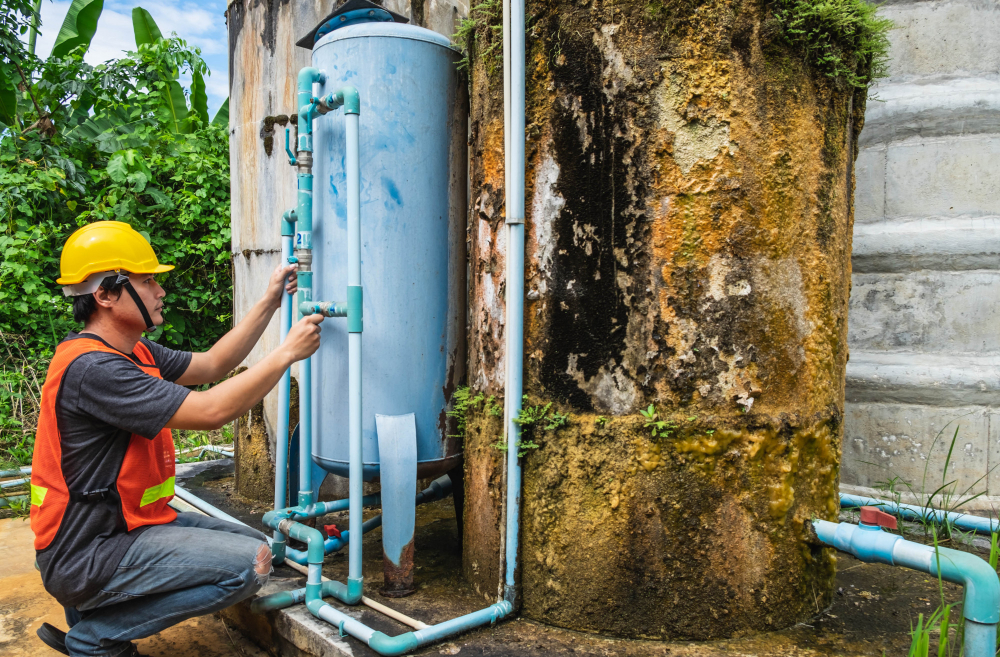
This service involves exchanging your hard water tank with a pre-charged, regenerated tank that has already been treated off-site. The exchange process is quick and easy, taking only about 15 minutes to complete.
This option eliminates the need for salt or chemicals in your home while providing you with softened water on demand. It’s perfect for those who don’t want to deal with maintenance or installation of a traditional system.
The Portable Exchange Service also offers environmental benefits as it reduces the amount of wastewater produced during regeneration compared to conventional systems. This method can help extend the life of appliances by reducing mineral buildup in pipes and fixtures.
Specialty Solutions
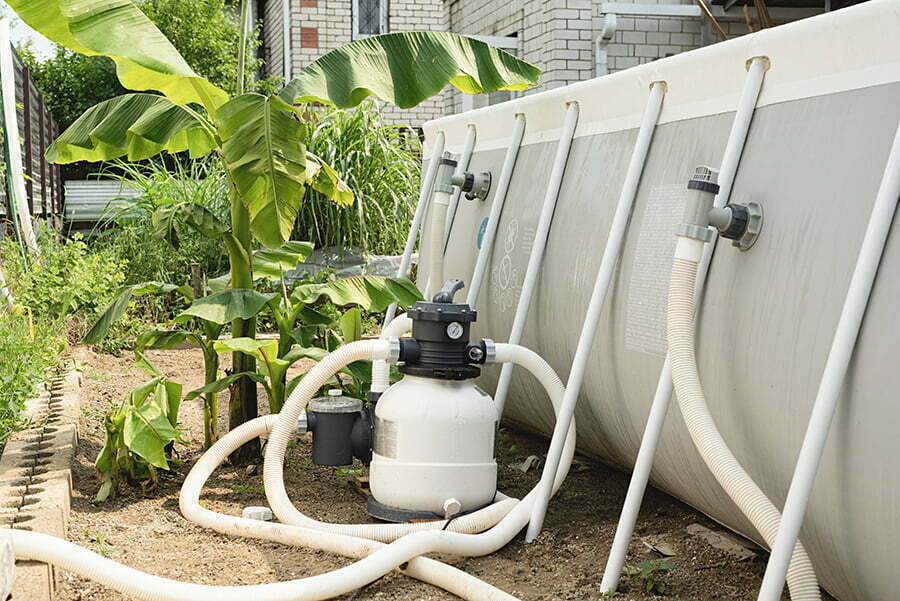
For example, if you have a swimming pool or spa that requires soft water, you can use a salt-free system designed specifically for those applications. There are also systems available that target iron and sulfur removal from well water.
Another option is to install a whole-house filtration system that not only removes hard minerals but also other contaminants such as chlorine and sediment. These systems typically use multiple stages of filtration including activated carbon filters, reverse osmosis membranes, and UV sterilization lamps.
When considering specialty solutions it’s important to consult with a professional who can help determine which solution will best fit your unique situation.
As we’ve seen in this article so far there are many options when it comes to dealing with hard water in your home or business.
Bottle Free Coolers
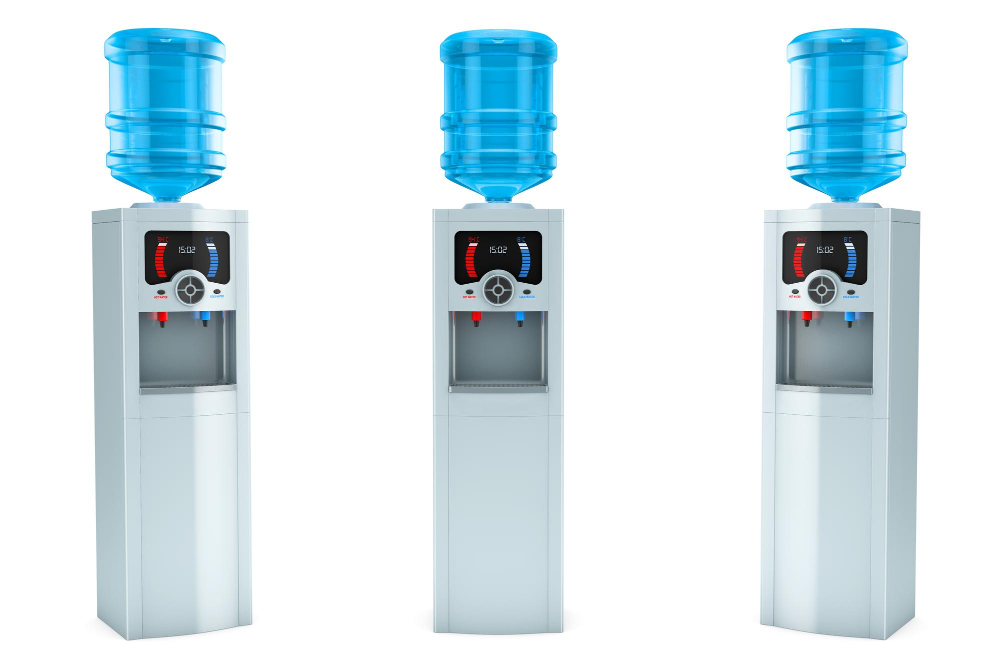
These systems use advanced filtration technology to provide clean and refreshing drinking water without the need for plastic bottles. Not only do they save you money on bottled water expenses, but they also reduce your carbon footprint by eliminating plastic waste.
Bottle free coolers come in various sizes and styles, making them suitable for both residential and commercial settings. They can be installed directly into your existing plumbing system or as a standalone unit with its own filtration system.
One of the significant advantages of bottle-free coolers is their low maintenance requirements compared to traditional bottled-water dispensing systems. With no heavy bottles to replace or store, there’s less risk of injury from lifting heavy objects or tripping over cluttered storage areas.
Many models feature automatic shut-off valves that prevent leaks if a malfunction occurs in the system’s plumbing connections – providing peace of mind against potential damage caused by flooding incidents.
Commercial Water Softeners
Hard water buildup in pipes and fixtures can lead to costly repairs and replacements. Not to mention the negative impact it has on your customers’ experience with your products or services.
Fortunately, there are commercial-grade water softener systems available that are designed specifically for high-volume usage. These systems use advanced technology to remove minerals from the water supply before they have a chance to cause damage.
When choosing a commercial system, consider factors such as flow rate capacity, regeneration frequency, salt efficiency rating (if applicable), and maintenance requirements. It’s also important to consult with professionals who specialize in industrial-scale plumbing solutions.
Commercial Reverse Osmosis
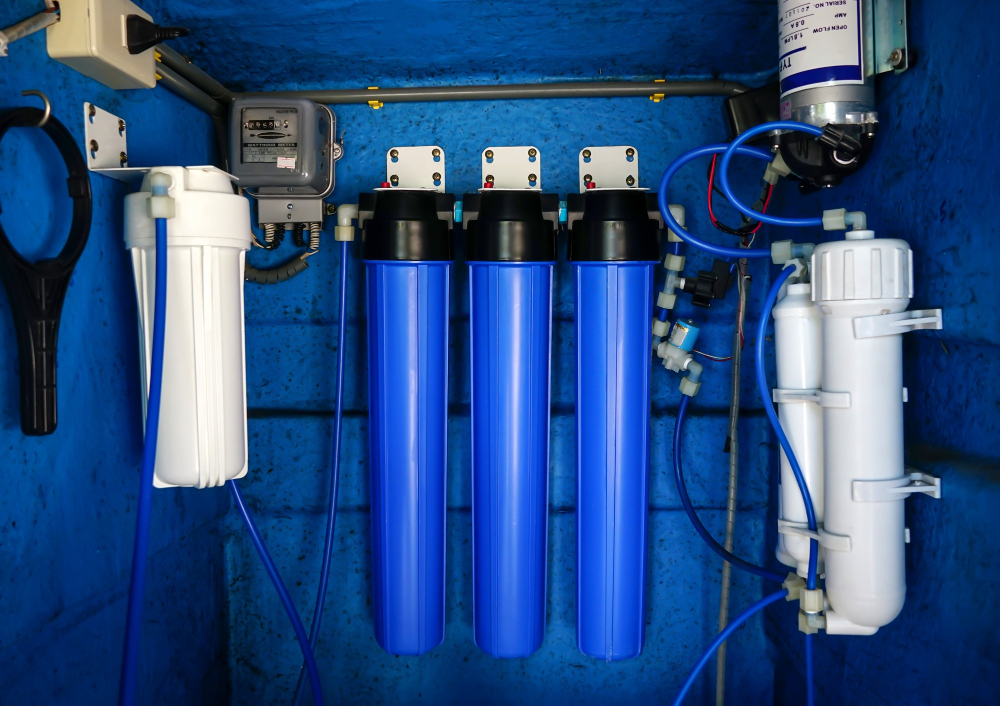
These systems use advanced filtration technology to remove impurities, minerals, and contaminants from the water supply. The process involves forcing the hard water through a semi-permeable membrane that traps unwanted particles while allowing pure H2O molecules to pass through.
Reverse osmosis is an effective method for removing dissolved solids such as calcium, magnesium, iron, and other minerals responsible for hardening your tap water. This makes it ideal for commercial applications where high-quality purified or softened water is essential in manufacturing processes or food preparation.
While reverse osmosis can be more expensive than other alternatives initially due to its complex system design and installation requirements; it has lower maintenance costs over time compared with traditional salt-based softeners which need frequent refilling of salt pellets.
Comparing Costs and Maintenance

Traditional water softeners can be expensive to purchase, install, and maintain over time. Salt-free conditioners or electronic descalers may have lower upfront costs but require more frequent filter changes or electricity usage.
It’s essential to weigh the initial investment against long-term savings when selecting an alternative solution for hard water problems in your home. Consider the lifespan of each system as well as any additional expenses such as replacement parts or professional installation fees.
Maintenance requirements also vary between different types of systems. Some alternatives may need regular cleaning while others require minimal upkeep once installed properly.
Ultimately, finding a balance between cost-effectiveness and efficiency is key when comparing various options for treating hard water in your home. Consulting with a trusted professional can help you make an informed decision based on your specific needs and budget constraints.
Health and Environmental Considerations
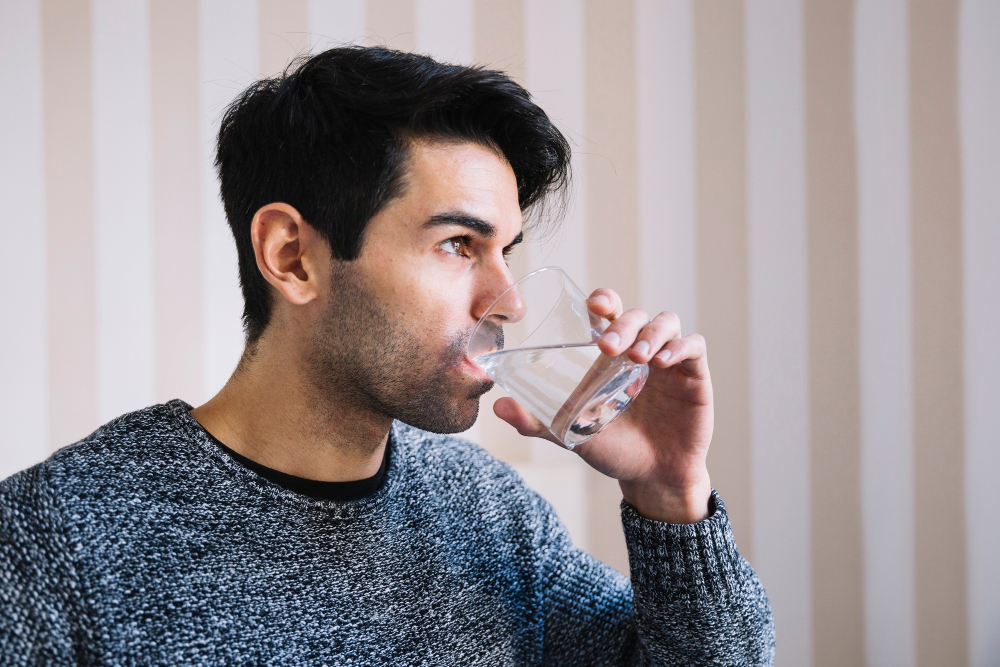
Traditional salt-based water softeners can contribute to high levels of sodium in drinking water, which may be harmful for individuals with certain medical conditions such as hypertension or heart disease. These systems require regular maintenance that involves adding large amounts of salt into the wastewater stream.
On the other hand, many alternative solutions are designed with eco-friendliness in mind. Salt-free conditioners use natural processes like chelation or template-assisted crystallization (TAC) instead of chemicals or electricity to soften hard water without producing any waste byproducts.
Electronic descalers also offer an environmentally friendly option since they don’t require any additional chemicals or salts.
Benefits of Alternative Softeners
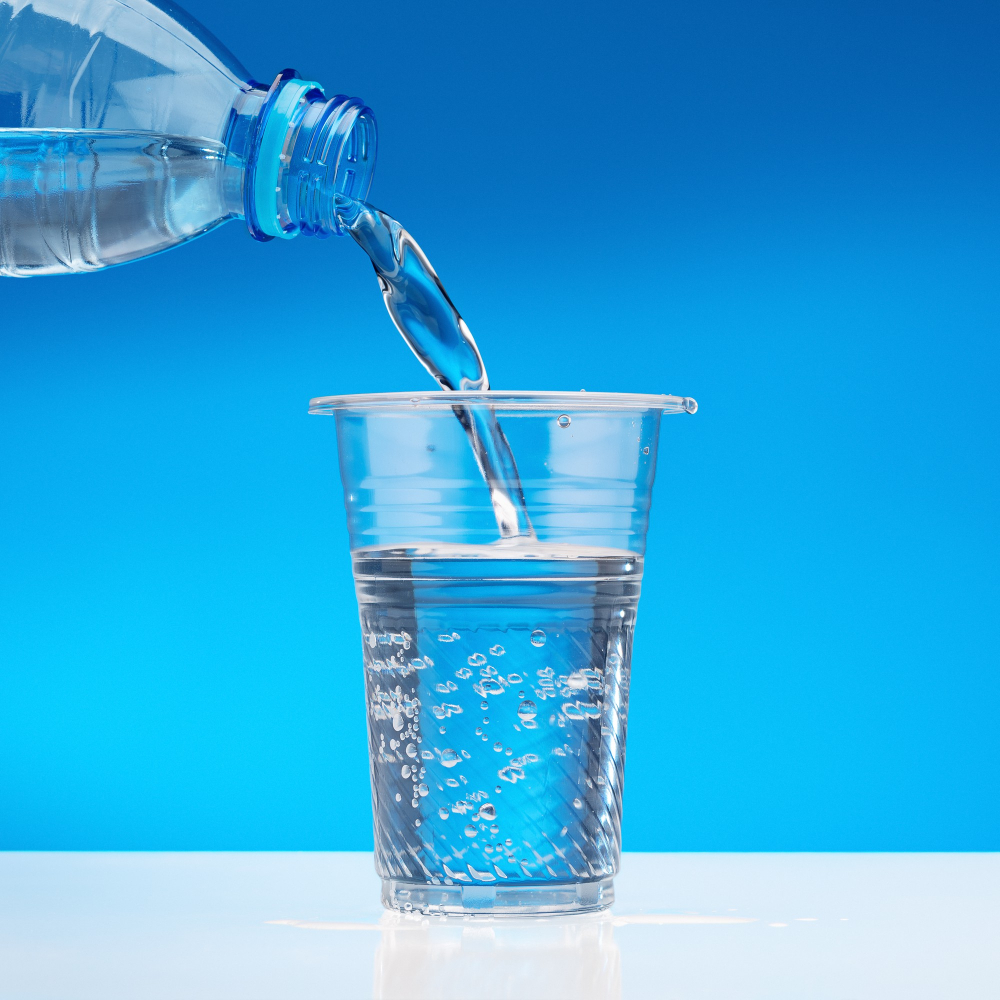
For starters, many alternative solutions are eco-friendly and do not require the use of chemicals or salt pellets. This means you can enjoy softer water without harming the environment or worrying about adding excess sodium to your diet.
Another advantage is cost savings. Traditional water softeners can be expensive to install and maintain, especially if you have a large household with high daily usage rates.
Alternative options like electronic descalers or magnetic treatment devices are often more affordable upfront and require little maintenance over time.
Some alternative methods provide additional health benefits beyond just reducing hard water stains on dishes and fixtures in your home. For example, reverse osmosis systems remove impurities from drinking water while also providing softened H2O for other uses throughout the house.
Choosing the Best Alternative
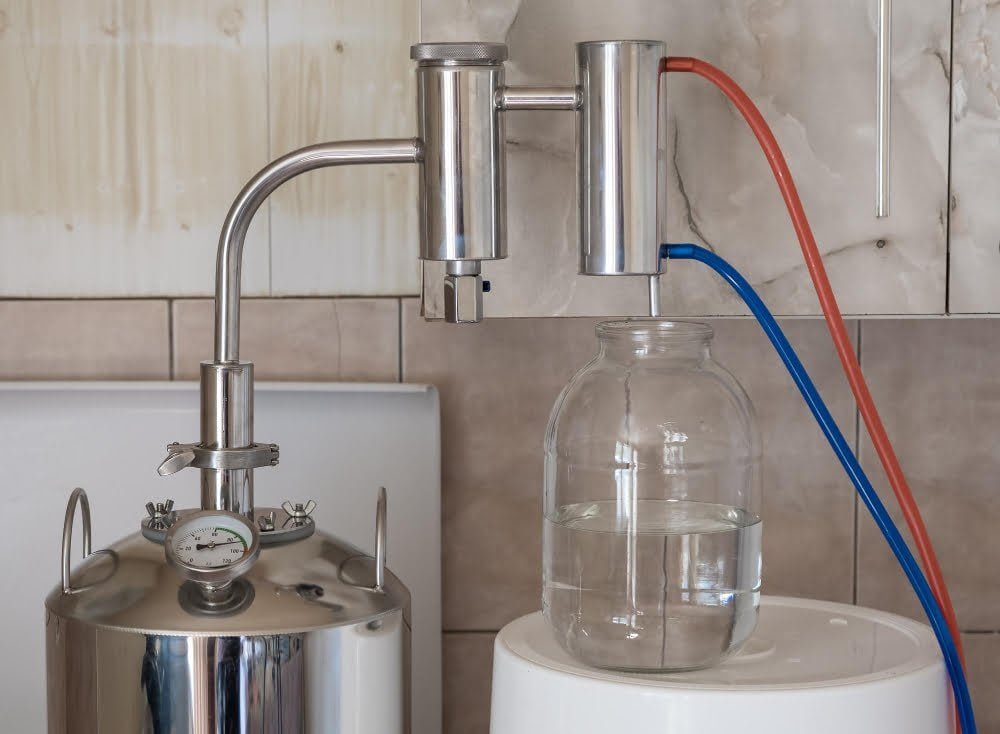
The answer depends on several factors such as the level of hardness in your water, budget, maintenance requirements and personal preferences.
If you are looking for a low-maintenance option with no salt or chemicals involved, then a salt-free conditioner or electronic descaler might be ideal. On the other hand, if you want to completely remove minerals from your water and enjoy softer skin and hair benefits too then an ion exchange resin system could work best.
It’s important to note that some alternative methods require professional installation while others can easily be installed by homeowners themselves. Certain systems may not work well with specific types of plumbing materials so it’s essential to consult a professional before making any decisions.
Ultimately choosing the best alternative comes down to understanding what each method offers in terms of effectiveness against hard water minerals like calcium and magnesium ions; cost-effectiveness over time; ease-of-use/maintenance requirements (including filter changes); environmental impact considerations such as energy usage during operation or disposal/recycling options at end-of-life stages etcetera.
Consult a Water Treatment Professional
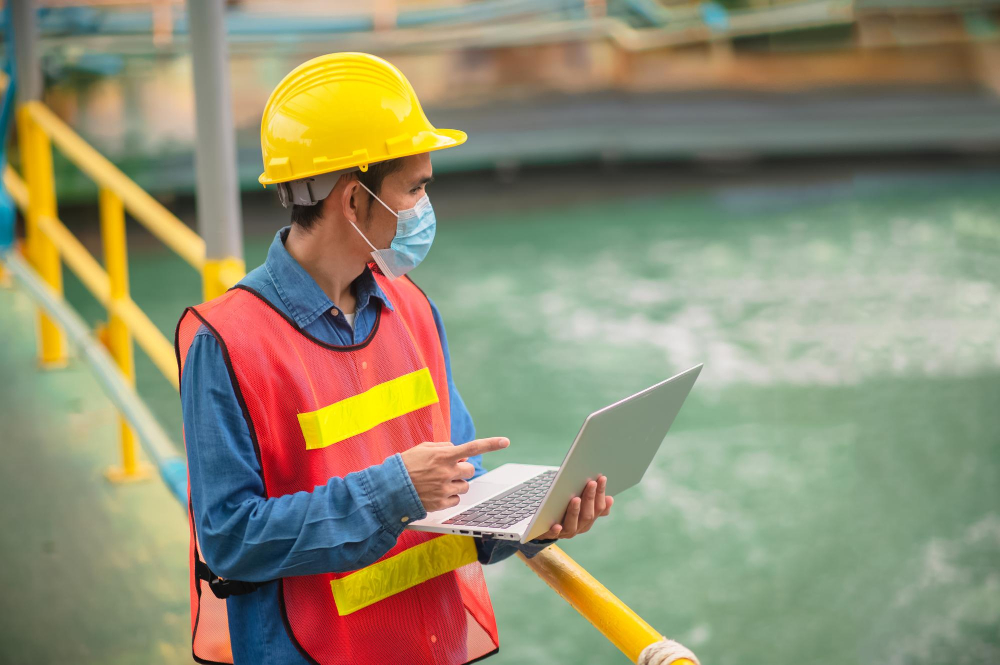
Consulting with a water treatment professional can help you determine the best option for your home and budget.
A professional can assess the hardness level of your water and recommend an appropriate solution based on factors such as household size, plumbing system, and local regulations. They can also provide guidance on installation, maintenance requirements, and potential health or environmental concerns.
Don’t hesitate to reach out to a qualified expert in this field if you have any questions or concerns about choosing an alternative softener method.
Replacing Your Water Softener
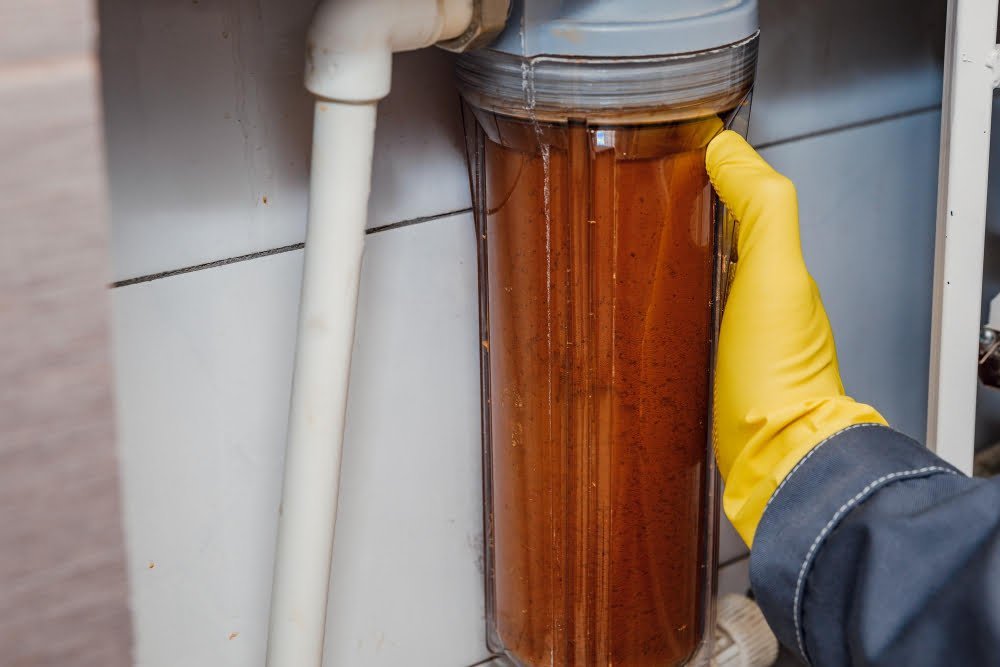
While this may seem like a daunting task, there are many options available that can provide efficient and cost-effective results.
Before making any decisions about replacement, it’s important to assess your current needs and budget. Consider factors such as the size of your household, level of water hardness in your area, and desired maintenance requirements.
This will help you determine which alternative solution will work best for you.
Some popular alternatives include salt-free conditioners or electronic descalers which require little to no maintenance compared to traditional systems. These solutions are often more eco-friendly than their predecessors since they do not rely on salt pellets or chemicals for operation.
When considering replacement options for your water softening system always consult with a professional who can guide you through the process from start-to-finish ensuring proper installation and optimal performance.
DIY Water Softening Solutions

One of the most popular methods is using vinegar. Simply add a cup of white vinegar to your washing machine during the rinse cycle and let it do its magic.
Vinegar helps break down mineral deposits in clothes, leaving them softer and brighter.
Another option is baking soda. Adding half a cup of baking soda to your laundry detergent can help soften hard water by neutralizing acidic minerals that cause hardness.
For those who prefer natural solutions, adding some soap nuts or soap berries into their laundry routine can also be an effective way to combat hard water stains on clothes while being gentle on sensitive skin.
Installing and Troubleshooting Tips
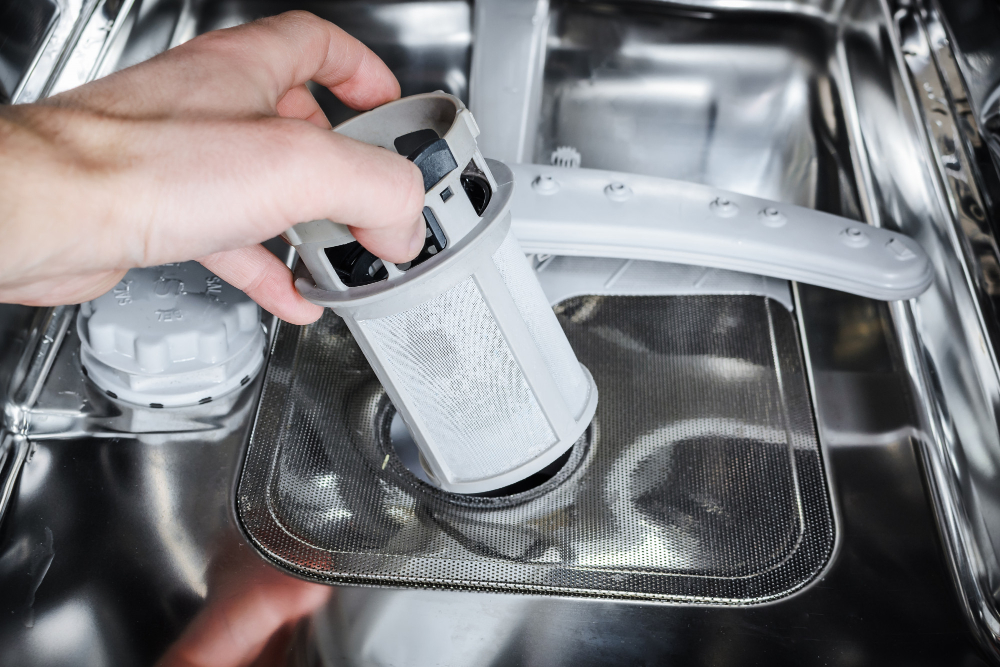
However, it’s important to follow the manufacturer’s instructions carefully to ensure proper installation and optimal performance.
If you’re experiencing issues with your alternative water softening system, there are a few troubleshooting tips that may help. First, check the power source or batteries if applicable.
Make sure they are properly connected and charged.
Next, check for any clogs or blockages in the system’s filters or pipes. Clean them out as needed to improve flow rate and efficiency.
If you’re still having problems after checking these common issues, consult the manufacturer’s manual for further guidance on how to troubleshoot specific problems related to your particular alternative water softener solution.
By following these simple installing tips and troubleshooting techniques when necessary will help ensure that your chosen alternative solution is working effectively in providing softer H2O throughout your home without breaking down frequently due to improper handling of installations or maintenance procedures.
FAQ
What is the best alternative to a water softener?
The best alternative to a water softener is a water conditioner, as it addresses hard water concerns without removing minerals or adding sodium.
Is there a way to soften water without a water softener?
Answer: Yes, boiling water effectively softens it by causing hard water minerals such as calcium and magnesium to settle at the bottom.
How do you manage hard water without a water softener?
Answer: To manage hard water without a water softener, you can install a small ion-exchange filter on your kitchen faucet, use a water pitcher filter, install a showerhead with a built-in shower filter, or apply a good moisturizer after showering to prevent skin dryness.
What are the most effective natural methods for softening hard water?
The most effective natural methods for softening hard water include boiling, installing a water filter, and using ion exchange or water-softening agents such as washing soda.
Can electronic or magnetic water conditioners replace traditional water softeners?
Electronic or magnetic water conditioners cannot fully replace traditional water softeners, as they serve different purposes in water treatment.
What are the advantages and disadvantages of using alternative water softening solutions?
Alternative water softening solutions offer advantages like environmental friendliness and cost-effectiveness, while disadvantages include lower effectiveness in extremely hard water areas and the need for regular maintenance.
Recap
Liked this article? Here's what you can read next:
